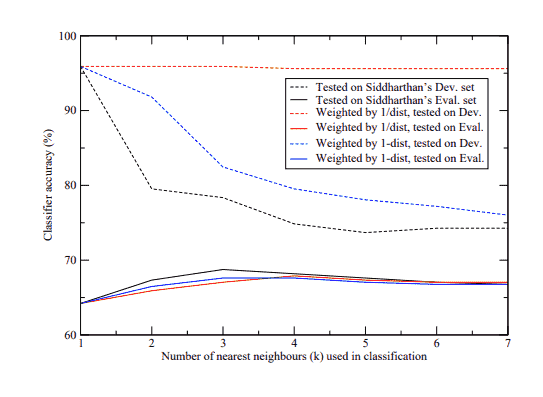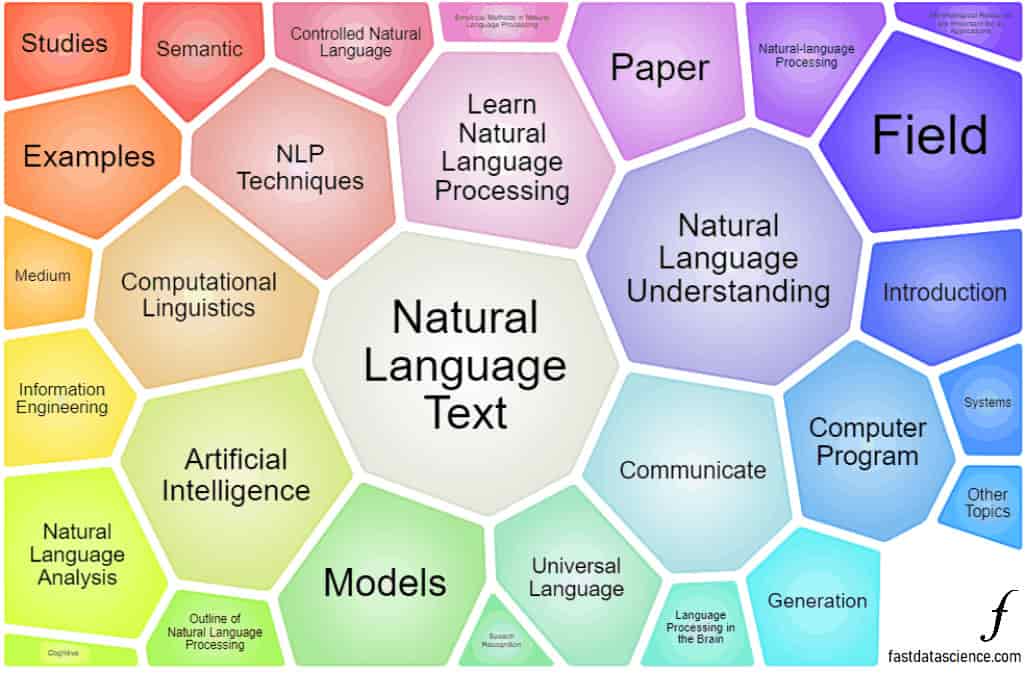Natural language processing is a subfield of linguistics, sitting on a crossroads with computer science, artificial intelligence and engineering. NLP has been an active field of scientific research since the 1950s. In 1950, Alan Turing published an article titled “Computing Machinery and Intelligence” which proposed what is now called the Turing test as a criterion of intelligence/, a task that involves the automated interpretation and generation of natural language (e.g. “We are searching in the database”). At that time, NLP was not yet seen as its own separate field of science within or separate from artificial intelligence, although now NLP is fully recognised as a science in its own right. NLP scientists maintain their own journals and conferences, and the field has come to prominence in the public eye since the high-profile release of Siri, and other NLP applications which the consumer interacts with on a daily basis.

The scientists at Fast Data Science focus on natural language processing (NLP). The manager, Thomas Wood, studied a Masters in 2008 at Cambridge University in Computer Speech, Text and Internet Technology, and conducted his NLP science project on pleonastic pronouns using unsupervised learning. In other words, he focused on identifying which instances of the word “it” refer to a referent in the previous sentence. When “it” has no referent, such as “it’s raining”, it’s called a pleonastic pronoun. They exist in French and German too, but not in Spanish. Who would have thought that a two-letter word would cause so much trouble? Since then he has been working exclusively in machine learning and mostly in NLP, but he has expanded his horizons beyond the word “it”. In 2018 he founded Fast Data Science Ltd to deliver data science consultancy and NLP scientist expertise. Our team of highly-qualified NLP scientists has built NLP pipelines from scratch, and worked on natural language dialogue systems, document classifiers and text-based recommender systems. For these tasks, we have used both traditional machine learning techniques as well as the state of the art such as neural networks. Our NLP scientists normally use Python.
Fast Data Science - London
NLP scientists focus on a variety of sub-fields of NLP, including:
Today many companies, in particular in certain industries such as healthcare, pharmaceuticals, legal, and insurance, have large amounts of unstructured data. This is typically data in text format, which may even be unscanned documents, PDFs, HTML, or any other file type.
Unstructured data is very difficult to deal with but can contain a goldmine of information. Fast Data Science specialises in extracting value from organisations’ unstructured datasets. If you have a large document set in your organisation, consider hiring a consultancy of NLP scientists such as Fast Data Science.


NLP is expanding across all industries, but nowhere is this more the case than in the healthcare sector. Healthtech and MedTech are hot areas of NLP scientific research.
NLP scientists are using NLP to compare and detect changes in clinical reports, extract clinical concepts such as MeSH terms from electronic medical records, and develop human-to-machine natural language dialogue systems to improve the healthcare experience. These NLP research breakthroughs are beginning to impact the sector. Check out some of our healthcare work in our portfolio.
We have worked on a number of NLP research projects in healthcare, including:
Our NLP scientists focus on any kind of NLP model. Some examples are:

We work with the following programming languages and frameworks:
NLP projects we have worked on for major household names include
What we can do for you